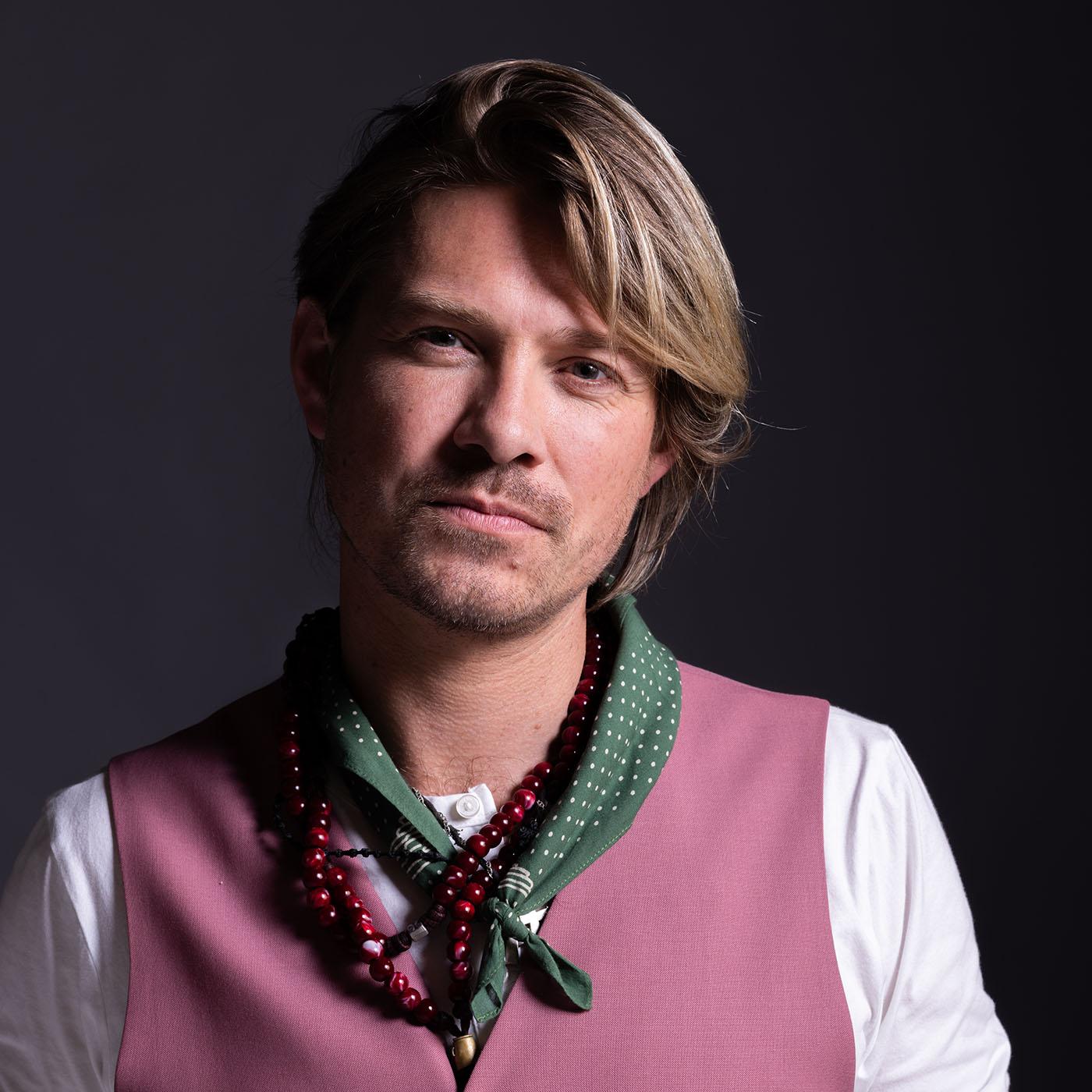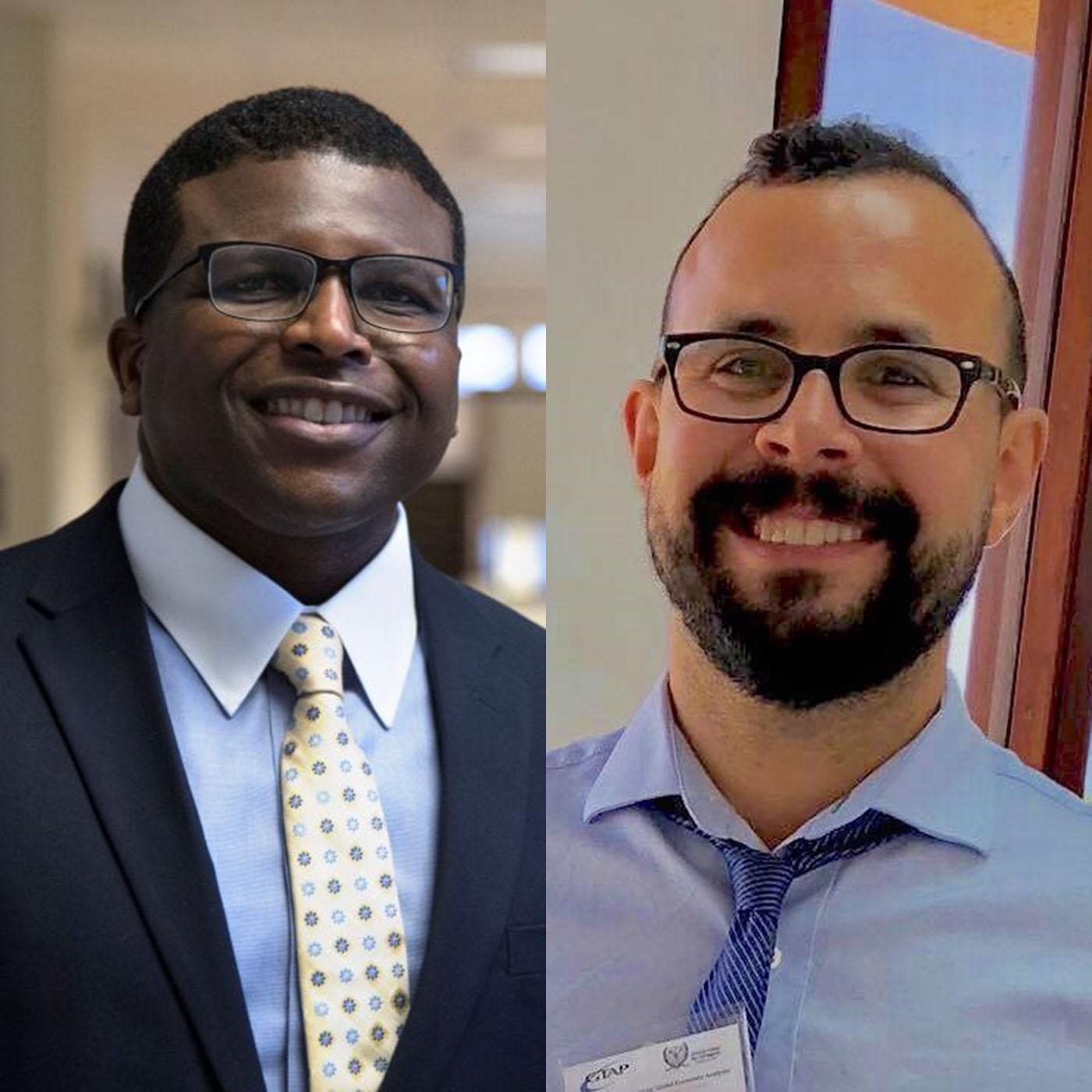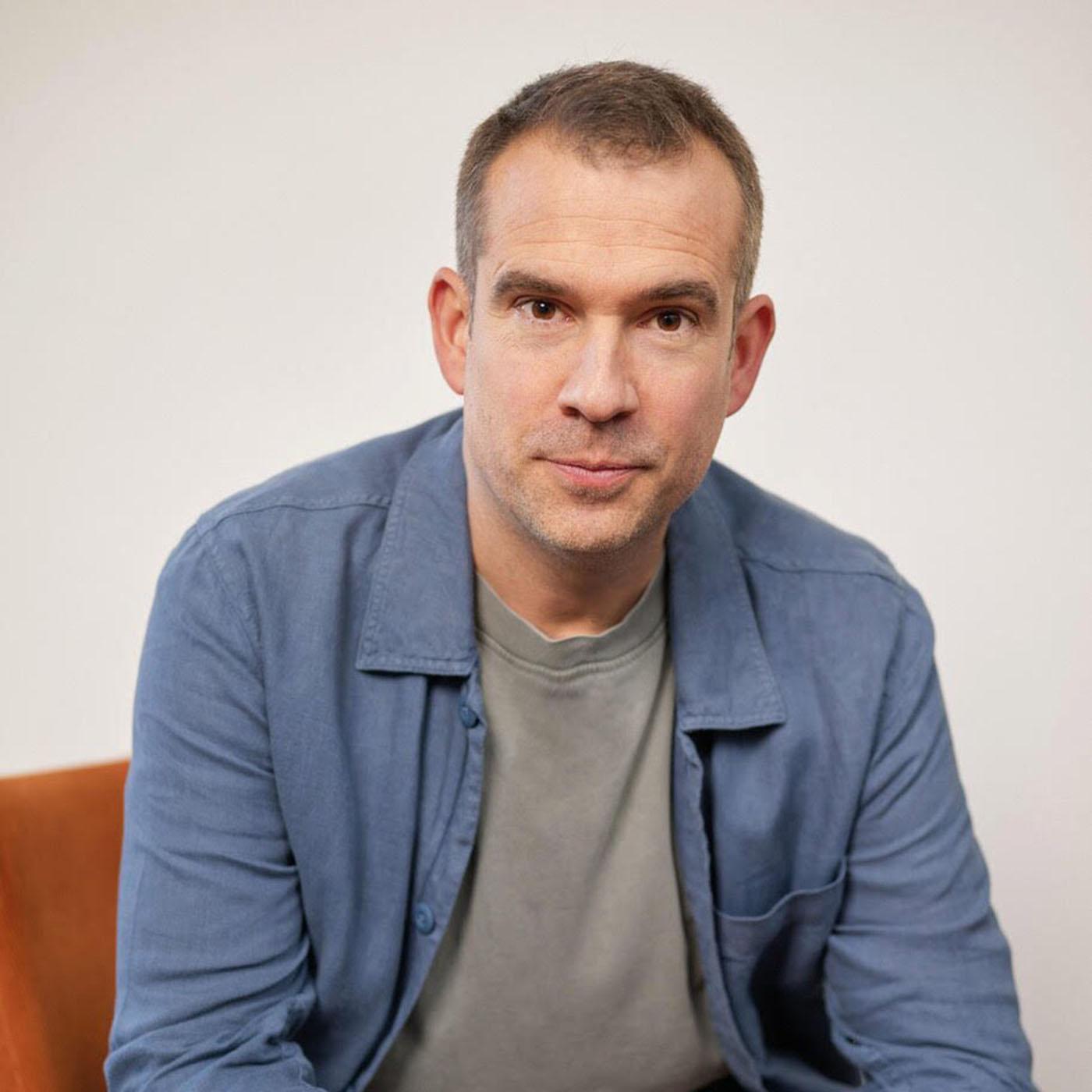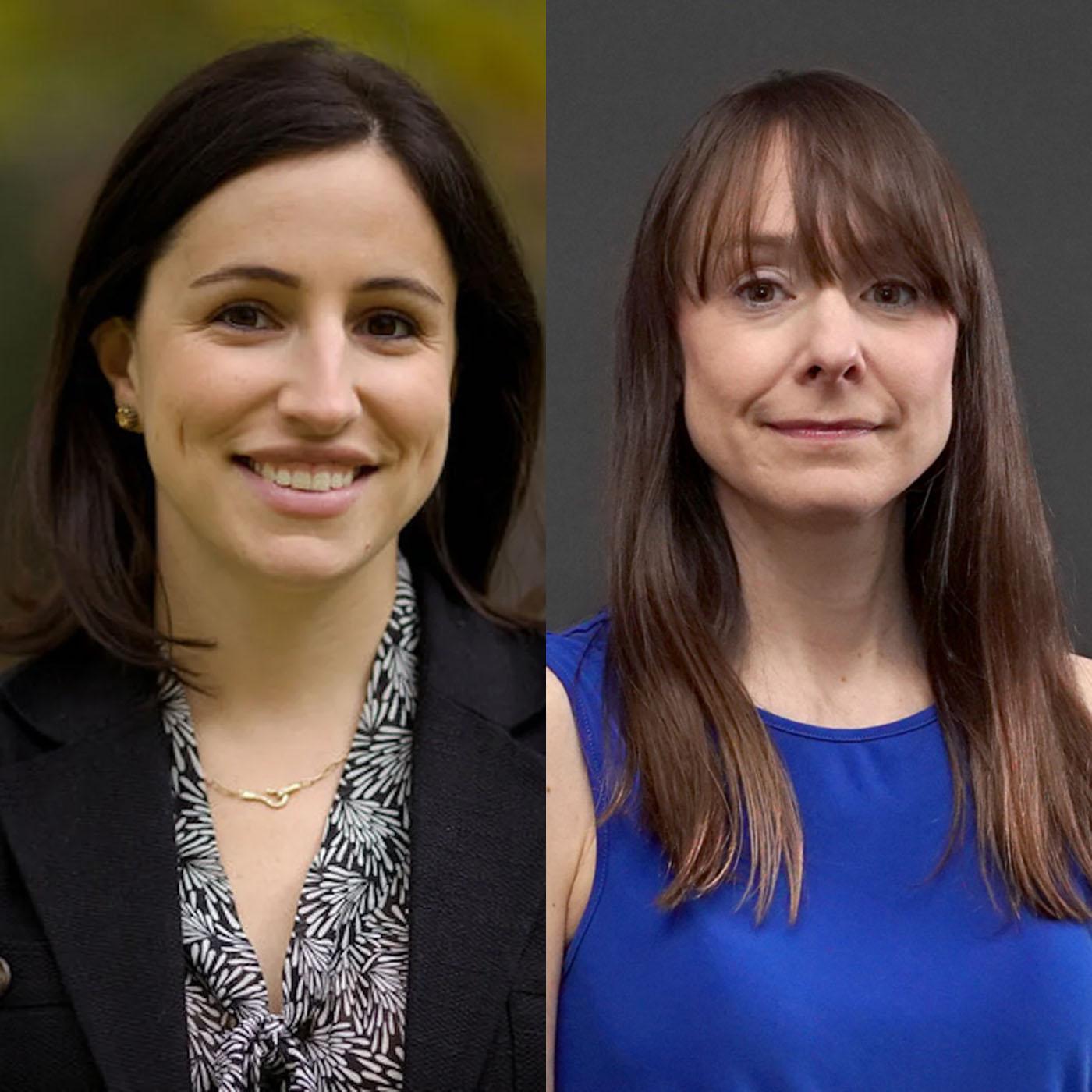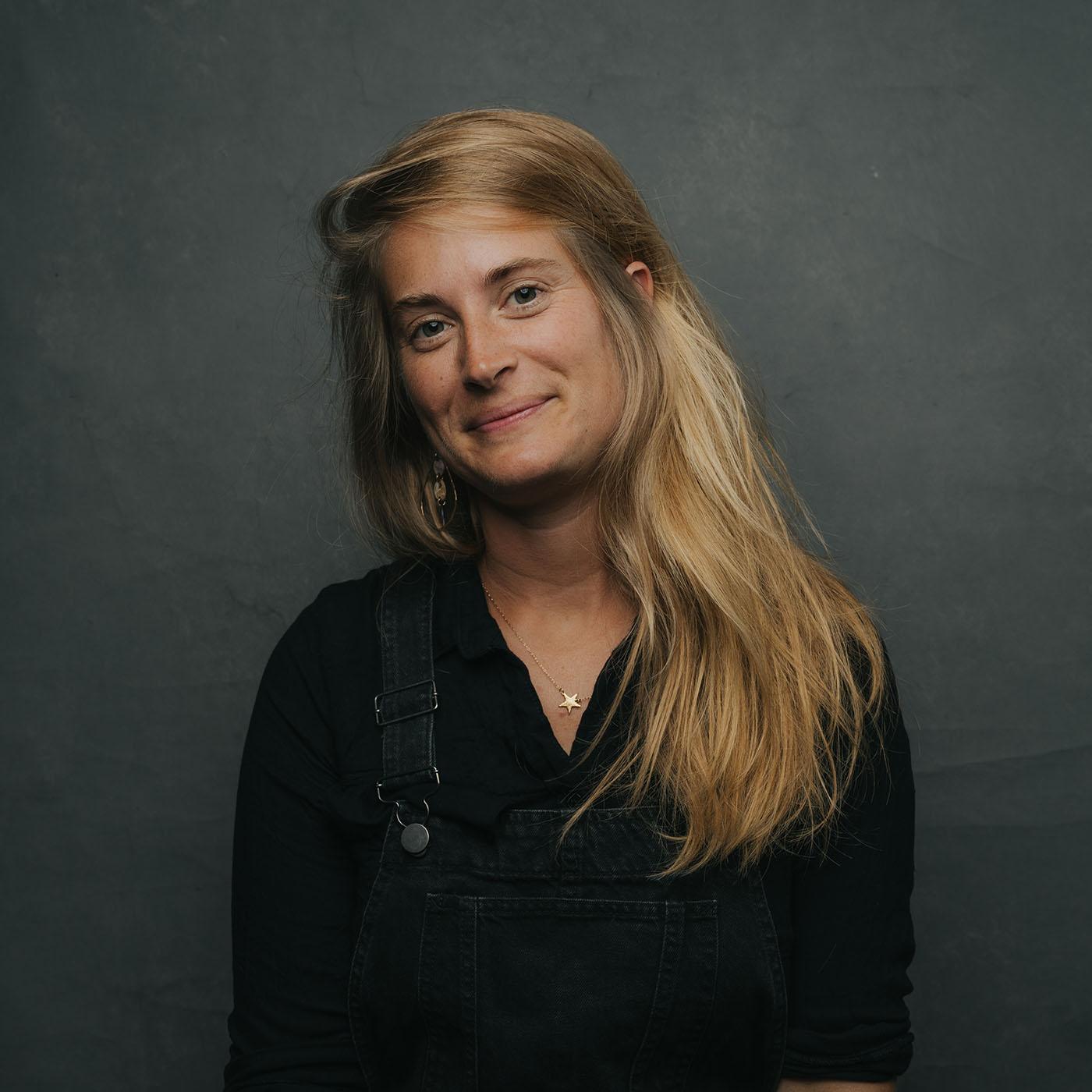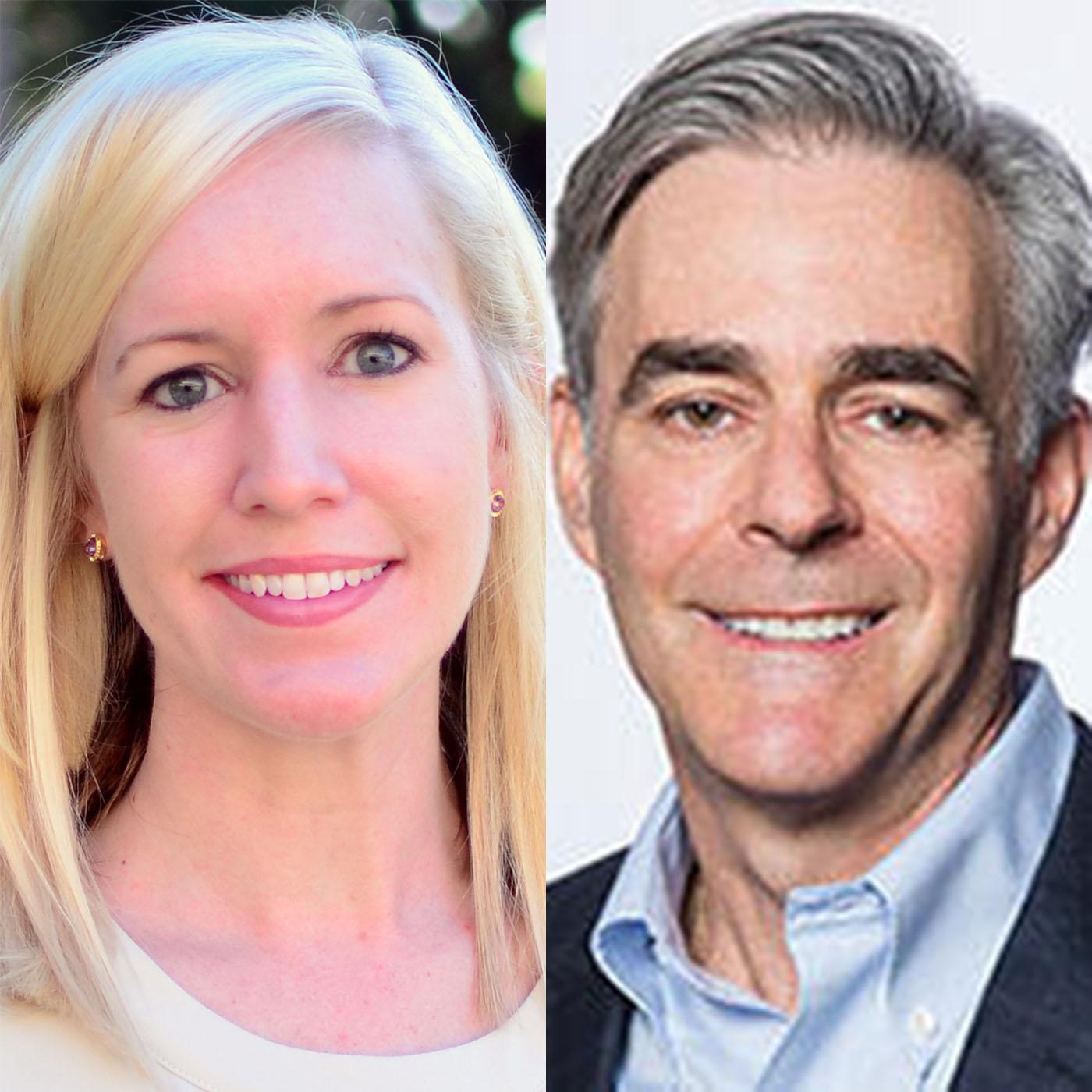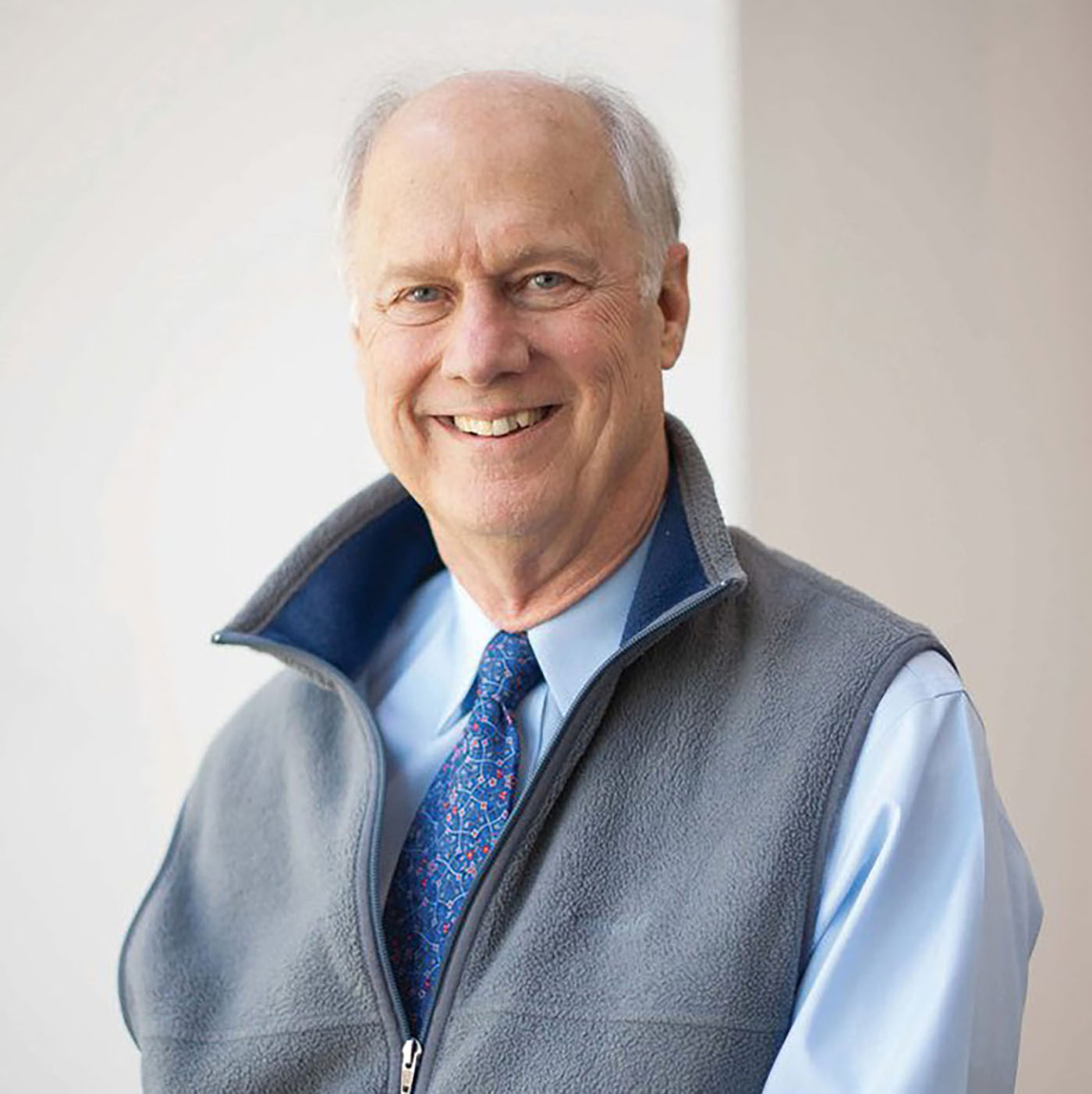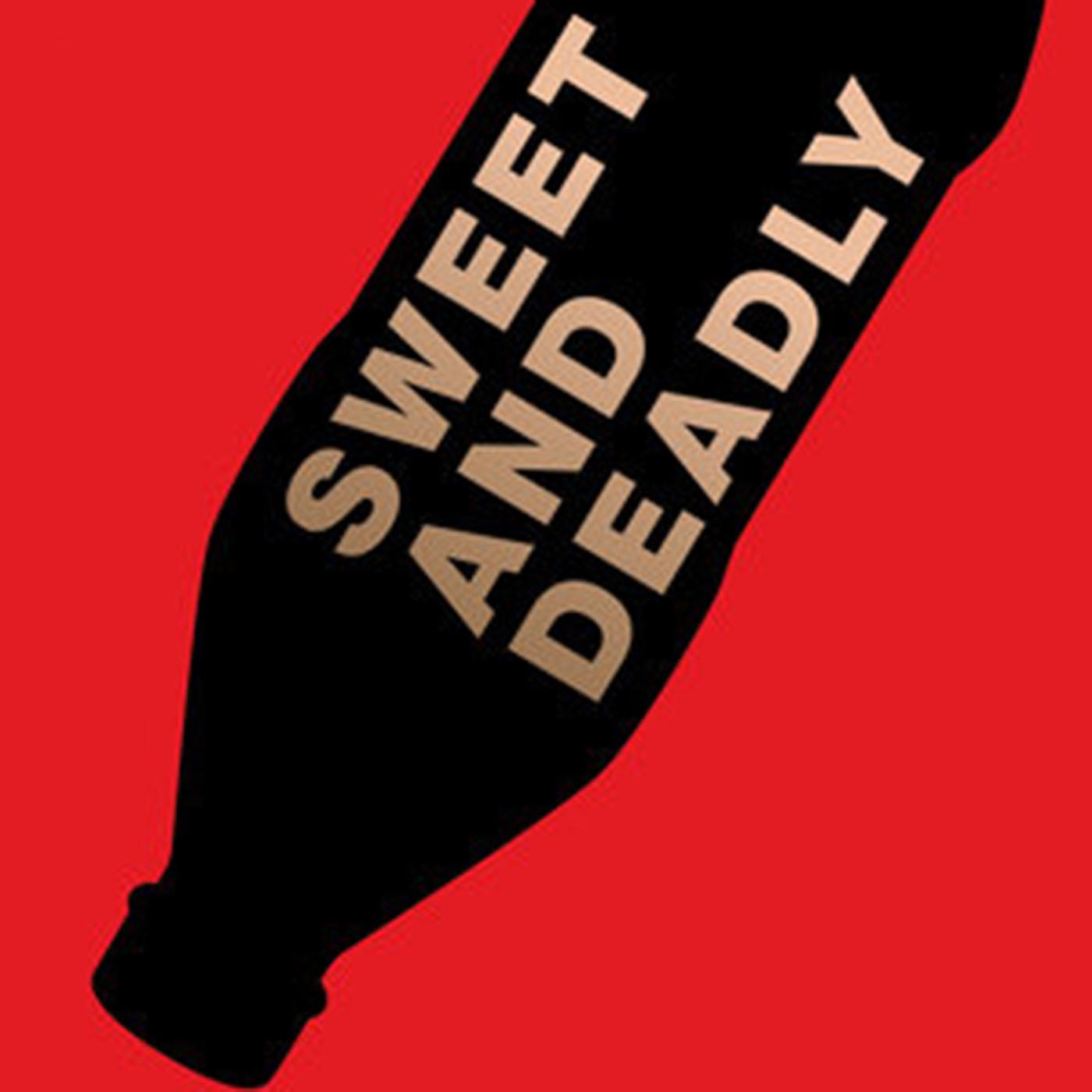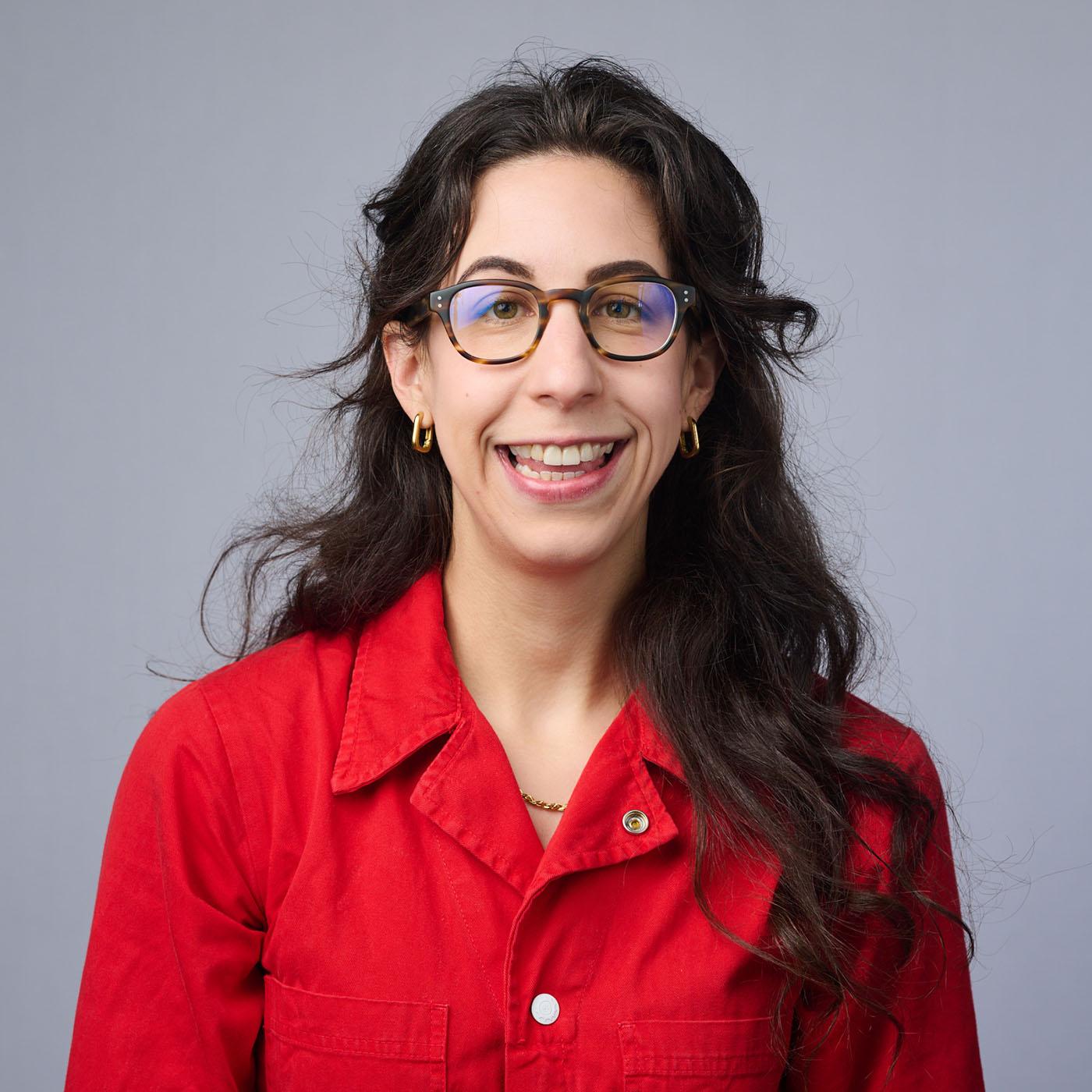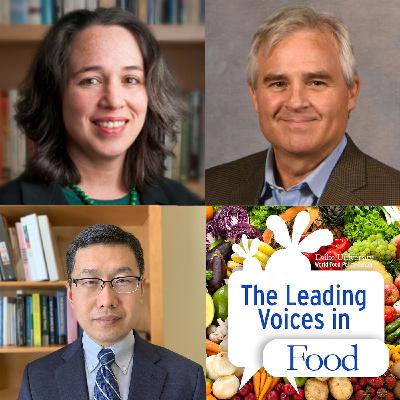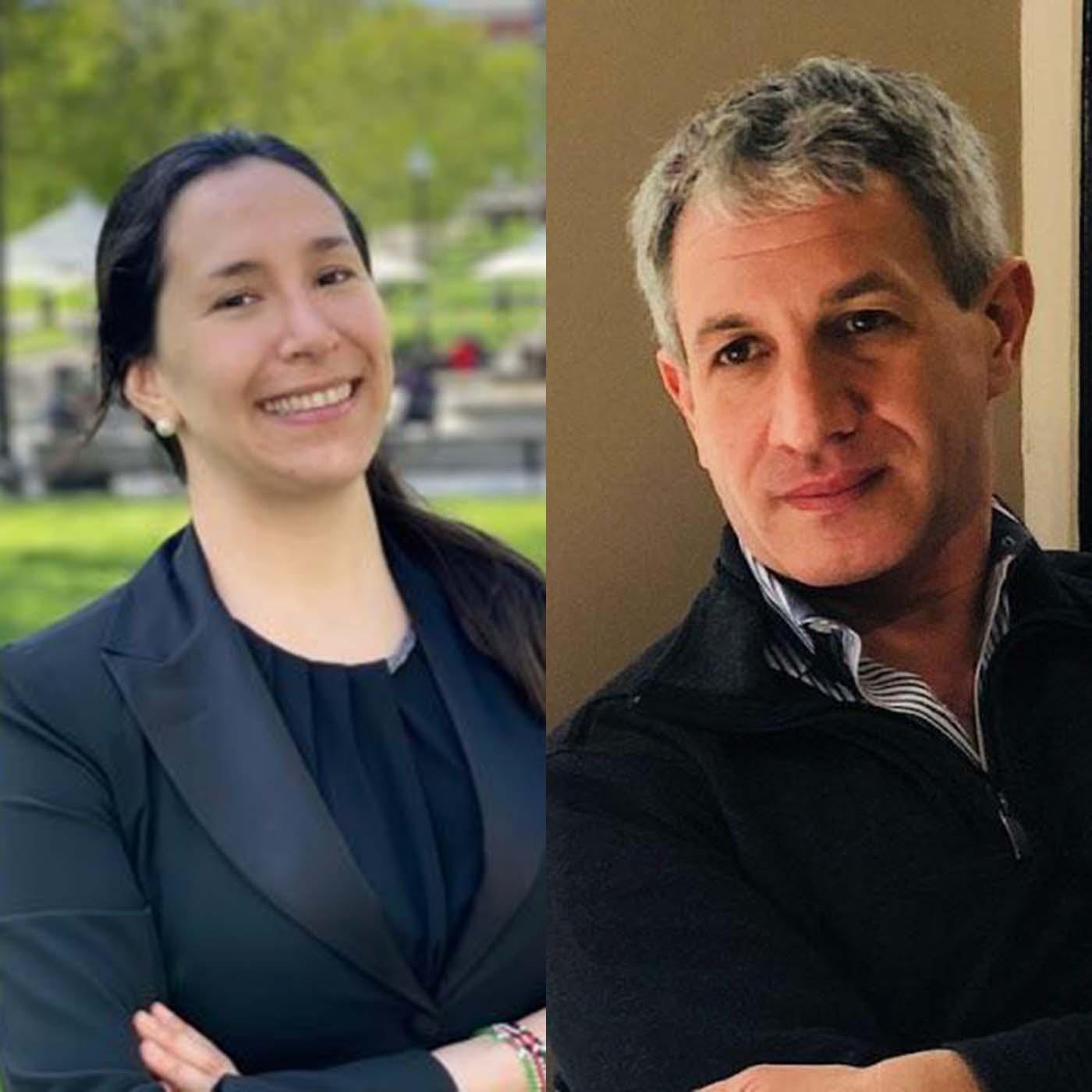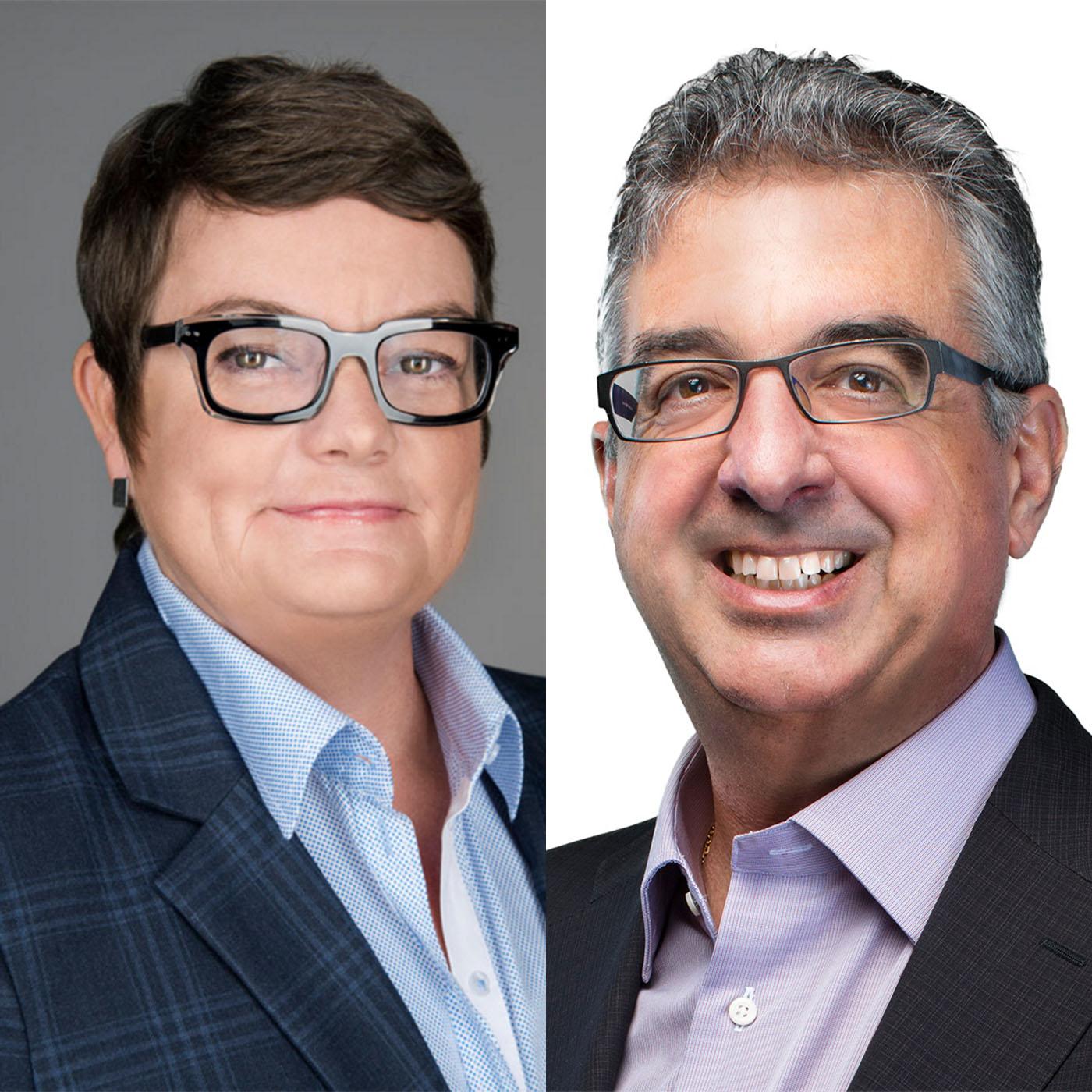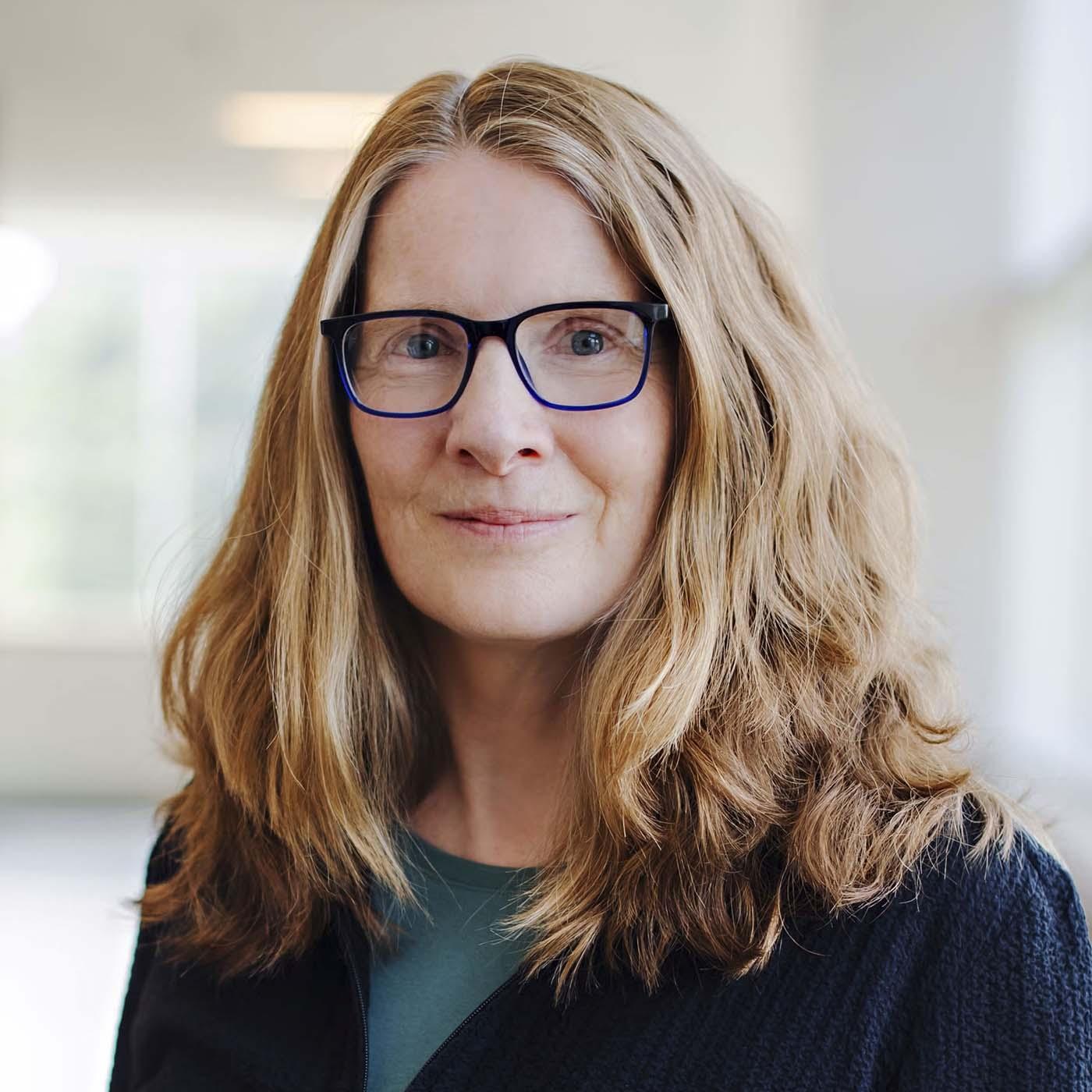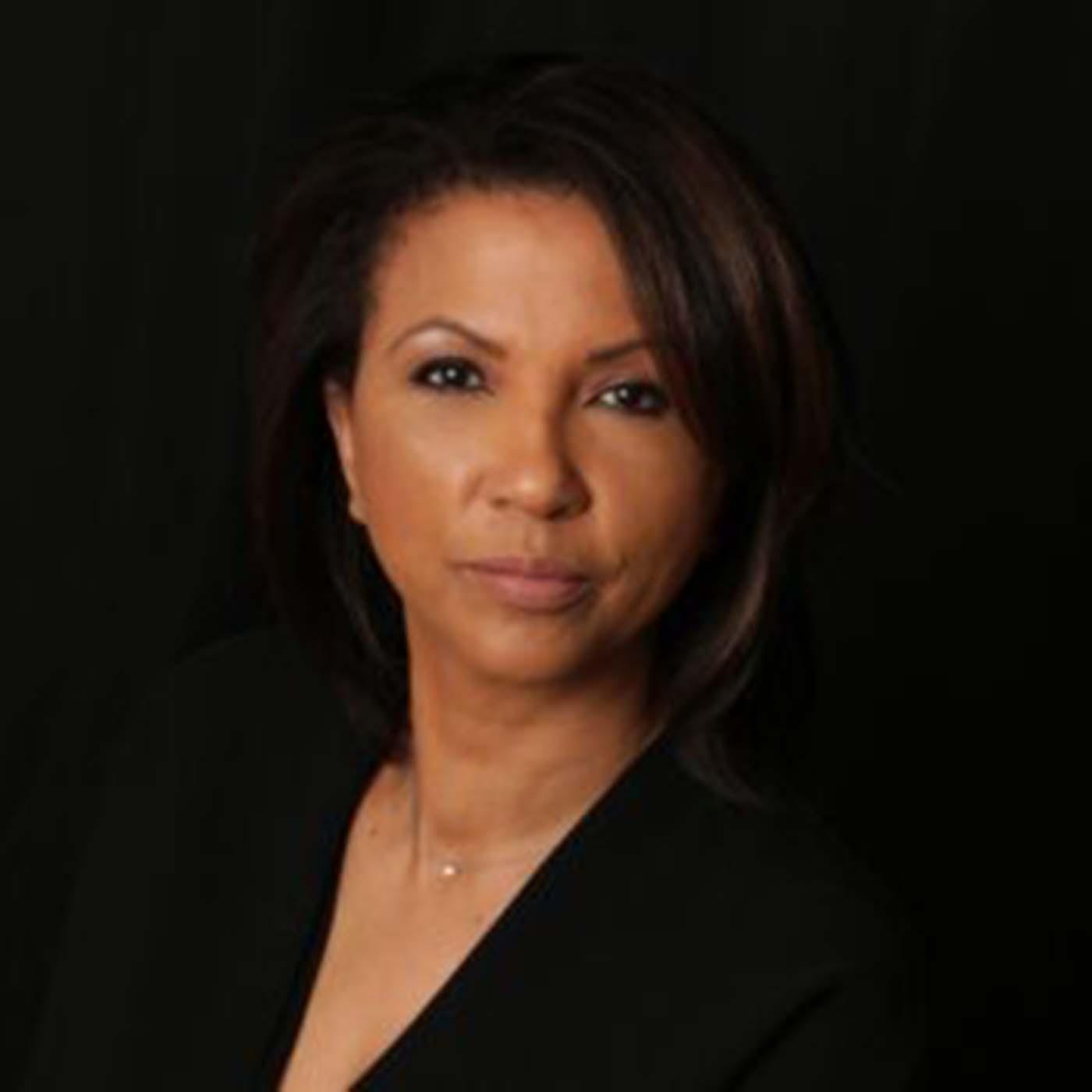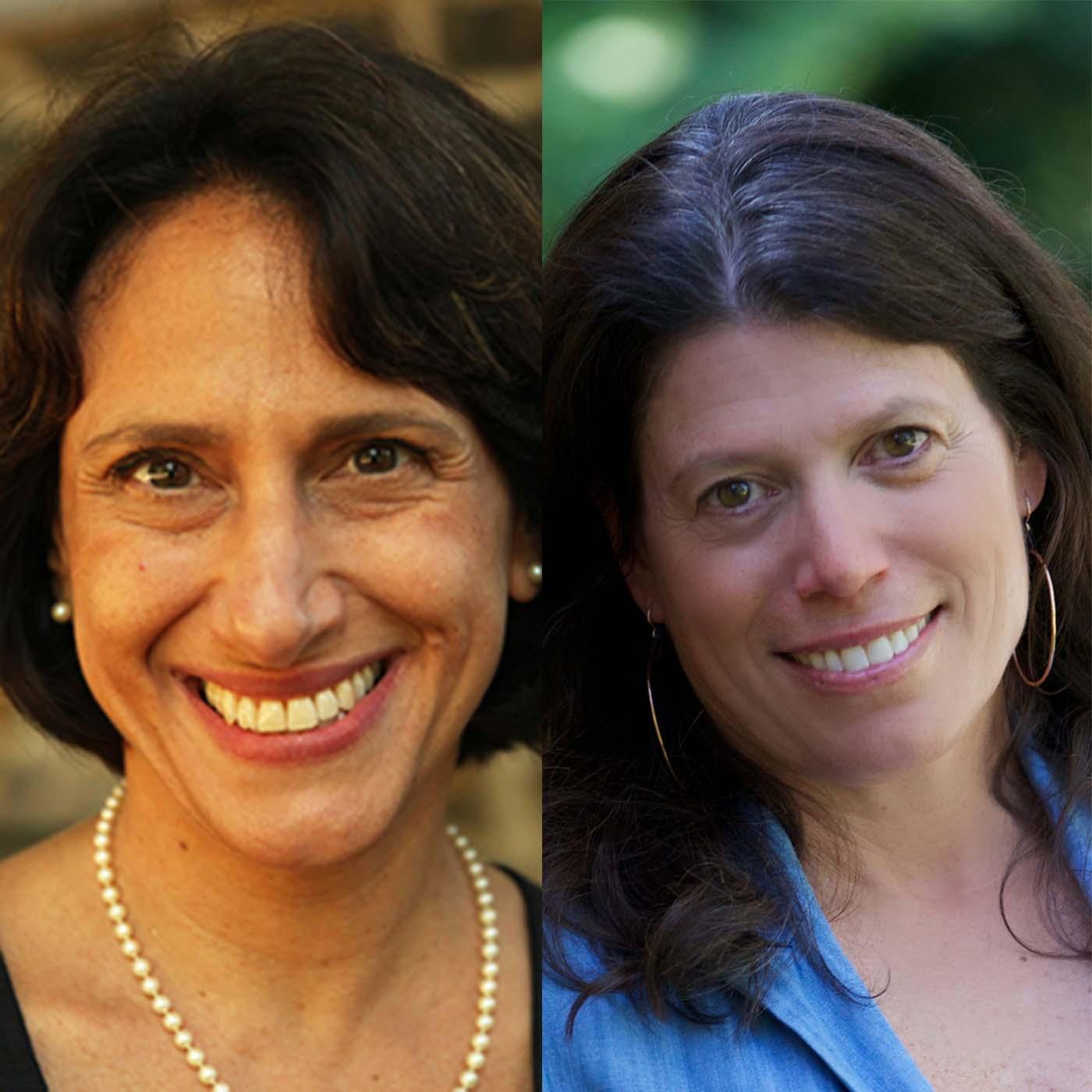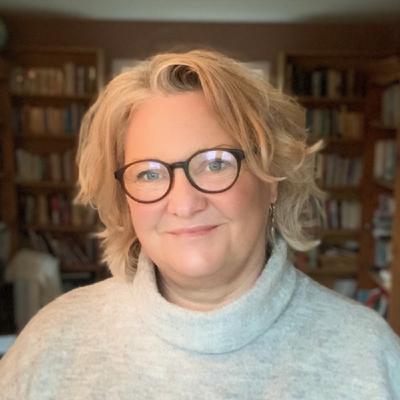E283: Taylor Hanson's Food On The Move
Description
Interview Summary
You know I really like the innovative nature of Food On The Move, and I'm eager for you to tell us more about what it involves. But before we do that, how does a young, highly successful musician turn to battling food insecurity? What led you to create Food On The Move?
It took me years to say I even created it. I didn't even use the term founder because I really had this sense of partnership that was a part of how it came to be. But I did found or 'start' Food On The Move because I have just a deep sense of gratitude in my life experience and also maybe a calling? I call it the tap on the shoulder that said there's more for you to do. There's more for me to do. And I didn't really know what that meant. I wanted to invest in Oklahoma and where we're from because as a musician, first you travel, you leave, you go out, you connect with people all over the world. But there's something about building and doing well for your community from the town you're from. And I was inspired by a former US ambassador. A man named Edward Perkins, who was an incredible representative of our country. He worked in some of the most difficult parts of the world representing the US and working with other nations. And his story struck me so deeply because he found ways to partner and transform communities as an ambassador. And I got to know him after his time as an ambassador because he was teaching as a professor at OU (Oklahoma University), in Oklahoma. And I asked him, I said - I want to honor your life. I want to learn from you. If I was to begin to really impact my community, Oklahoma where I'm from and maybe beyond, where would you begin? And he said, I would start with food.
That's so interesting. You know, your concept of partnership is so interesting. I'd like to dive into that a little bit deeper in a little bit. But first, tell us about your organization and what it does, how it works, what it tries to accomplish.
Yes. So, inspired by Ambassador Perkins' example, we set out to ask the right questions more than have the answers. And in 2014, I just basically cold called everyone in the community that worked in food - from the food bank to the food pantries and said ‘help me understand the gaps.’ Help me understand where it's hard to accomplish change. And the term food desert began coming up more and more. And food deserts are communities without grocery stores. So, think of it as the canary in the mine. Sort of when a grocery store goes, the neighborhood is declining. Because they're small margin organizations they have a hard time staying afloat and when they go it's hard to bring them back because you need either a company like a big chain or a small business that doesn't have a lot of resources. And oftentimes that decline continues, and it impacts the community. So, with Food On The Move I basically brought together partners to create an access point in food deserts where it's was all in kind. From food trucks that could bring great, tasty food and give people dignity and excitement and energy, to partners that are doing food safety training and teaching people to cook. And places like Oklahoma State University extension where they train people about how to prepare food because they may not know. And so, all these partners came together, and we basically spent five years just learning and serving people in those communities. And focusing on an environment that was not about raising a bunch of money; it was really about who is already in this space that we can garner relationships with and get to know the communities. And now those events continue to be flagships. We call them food and resource festivals. They are a pay-as-you-can. You show up, you get access to fresh produce, you have food trucks, you have wraparound services. You have people that are in the community, in different nonprofits, for-profits, and government organizations that we all collaborate with. And we reach people where they are while serving and getting to know them and learning from them. And through those relationships, through those events - which we still do - what it's brought us to is the innovation and education side, and ultimately transformation. We realized in order to change food deserts, end food deserts, bring grocery stores back, that we had to get to the heart of the food system. Which is we had to be teaching people to grow things again, rebuild the local foundation of farmers being trained, use new, innovative systems like indoor growing and aquaponics, hydroponics. And basically, we had to kind of build the foundation back that's been lost since post World War II in our community, like many places. And that means a food hub to bridge farmers to distributors. That means training those farmers for the future. And it ultimately means building a new model for a grocery store. So, we are at the heart of that now with a project we call Food Home, where we are building a campus that is like a microcosm of the food system. Hopefully could be the end of this year, we'll see. Construction is always tricky. But, for sure by the start of first quarter next year, we'll be opening a 10,000 square foot urban farm, which is a training facility, and producing hundreds of thousands of pounds of food every year, and this is really the launchpad for future farmers.
My God, I mean, and one of those things you mentioned would be wonderful to dive into and talk about a lot. Because I mean, each is impressive in its own right. But you bring them together, you're probably doing some of the most extensive, impressive things I know of around the country. Let me ask how you address the fundamental issue that we've actually faced ourselves. So communities often feel set upon by outsiders coming in to help. You know, it could be a philanthropy, it could be universities, it could be somebody, you know, who's just coming in well-meaning, wanting to help. But nonetheless may not know the communities or understand the realities of day-to-day life and things like that. And people from communities have often told us that 'we're in the best position to come up with solutions that will work for the members of our own community.' How did you work through those things?
Well, this is always why my story elevator pitch tends to be too long. Because I want to actually talk about that element. It's not super elevator pitchy because what it involves is building relationships and trust and what I first learned from Ambassador Perkins. I'll tell you a small story of his example and it really rocked me. I asked him where would you start if you wanted to change community? Because I'd learned from his story that he had actually done it. He was sent to South Africa at the heart of the Apartheid Movement to with a mission from at the time President Ronald Reagan, to free Nelson Mandela from prison and help dismantle the Apartheid system. This is about as high a mark as anybody could have. And he had no policy. They said you're going to make policy. And what he did was so extraordinary, and I think is the mark of his success. And that's, to answer your question, he said, I recognized that every ambassador had held court. You are one step away from the president of the United States, which means you're always the most powerful person in the room. And other ambassadors, he'd ask them to come to him. But you had this deep divide between Black and white, deep divide between economics. And so, what he did was he told his team when he went to South Africa, he said, put the American flags on the front of the car, roll the windows down and take me to the townships. Take me to the neighborhoods. They need to know I'm here. And he took the time to build real relationships and build trust with communities. Black, white, rich, and poor, you know, old and young. He really did the time. And so that model, though obviously South Africa is a deeply entrenched community that, you know, especially that time.
And this is kind of world politics, but I listened to that. And I thought, wow, we have a divide in our own community. And it's true of so many American cities. And where people, they see an area and they say that's not my community. They're going to come to me. And so, Food On The Move is built on we will build a partnership-based foundation which is like a block party where you walk up, and I'm a musician, I'm a DJ. So, we have a DJ playing music, we have food trucks. It smells great. You have smiling faces. You have a feeling that when you go there, you're not there, like, I need help and I'm in a soup kitchen. It's like there's a community party and you get invited and everyone's available to go there because if you want to give, you can go. If you don't have a dollar in your pocket, you go. And everybody leaves with the same treatment. And that foundation, the way we go about building those relationships, that is th

